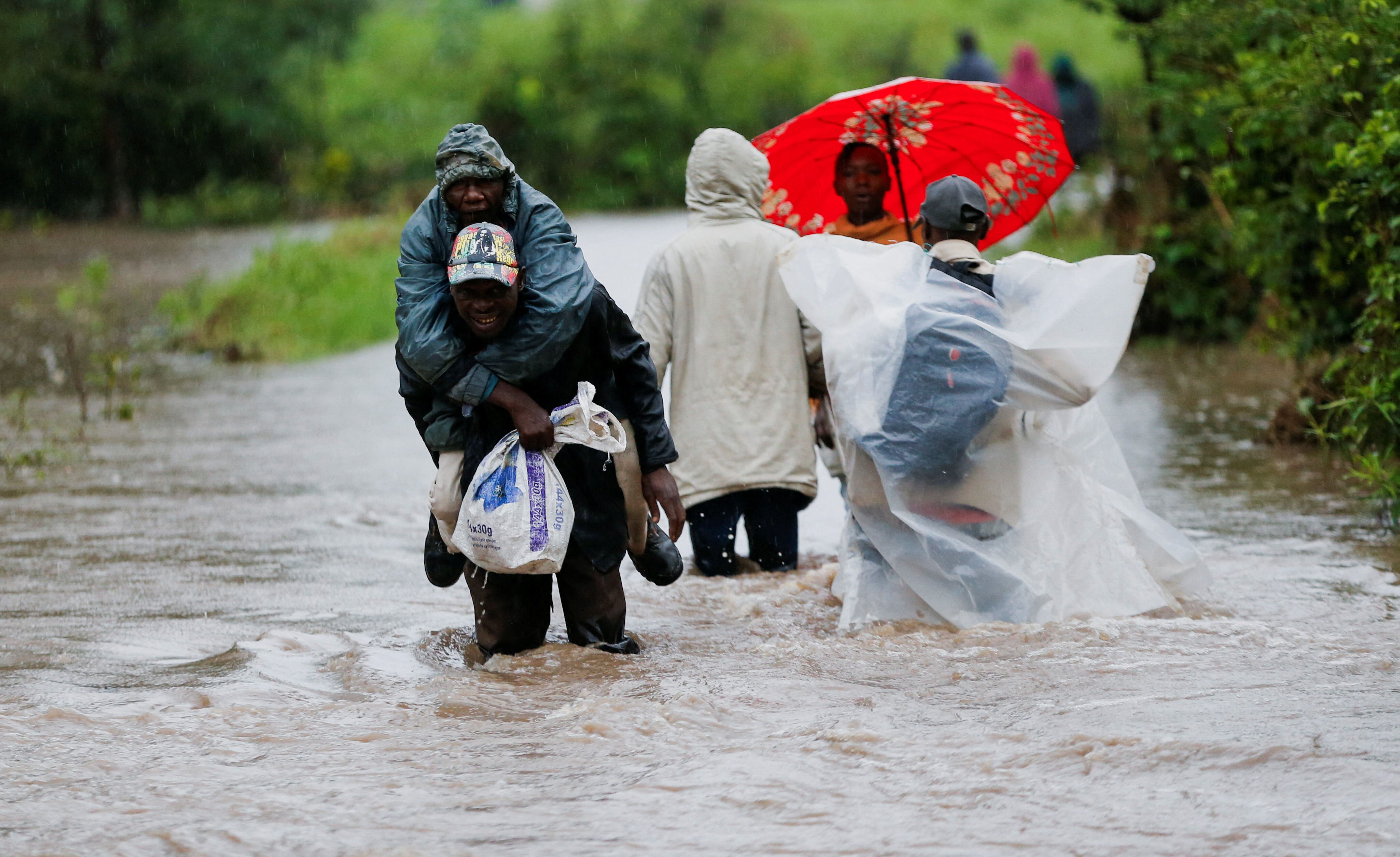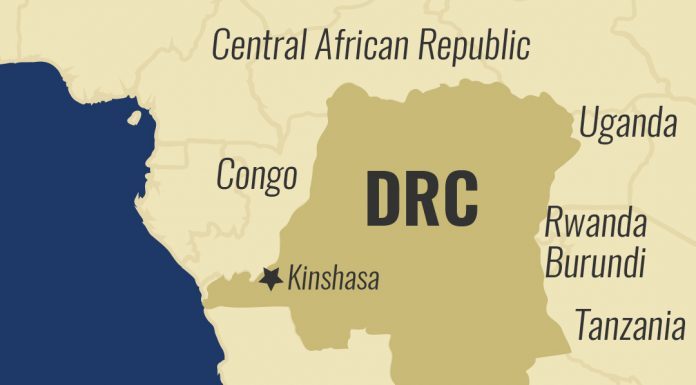
W.H.O. warns COVID-19 will not be last pandemic, global health emergency

The World Health Organisation Director-General Dr. Tedros Adhanom Ghebreyesus urged nations in the world to step up their political and financial investments to prevent future pandemics as he warned that the coronavirus will not be the last such pandemic.
Ghebreyesus spoke on Monday during the launch of the Global Preparedness Monitoring Board (GPMB) 2020 report.
“This will not be the last pandemic, nor the last global health emergency,” Ghebreyesus said.
Ghebreyesus further cautioned that the pandemic may be an omen of future global health emergencies.
“We do not know what the next health emergency will be, but we know it will come. And we must be prepared,” he added.
Ghebreyesus noted that the coronavirus pandemic had not spared even developed economies prompting the current generation to be better prepared for the next such event.
“Even countries with advanced health systems and powerful economies have been overwhelmed,” he said.
“We can no longer wring our hands and say something must be done.”
Ghebreyesus’ comments came in the wake of the W.H.O. reporting a record one-day increase in global coronavirus cases. On Sunday, the total rose by 307,930 in 24 hours. The previous record for new cases was 306,857 which had been reported on September 6.
India, the United States and Brazil recorded the highest numbers, according to statistics from the W.H.O.’s website.
India registered 94,372 new cases, followed by the United States, the world’s worst-affected nation, with 45,523 new infections and then Brazil with 43,718 cases.
The latest figures from the W.H.O. showed that there have been 29,119,433 confirmed cases and 925,965 deaths.
There has been a resurgence of cases in some countries, as has been witnessed in some European countries, Peru, Israel, South Korea and Australia, raising fears of a second wave of infections.




